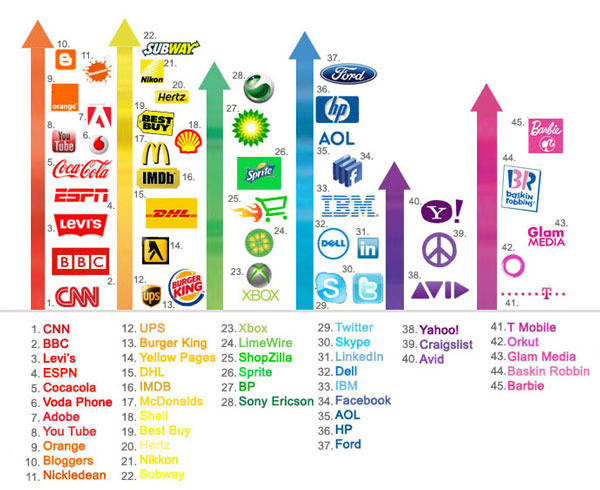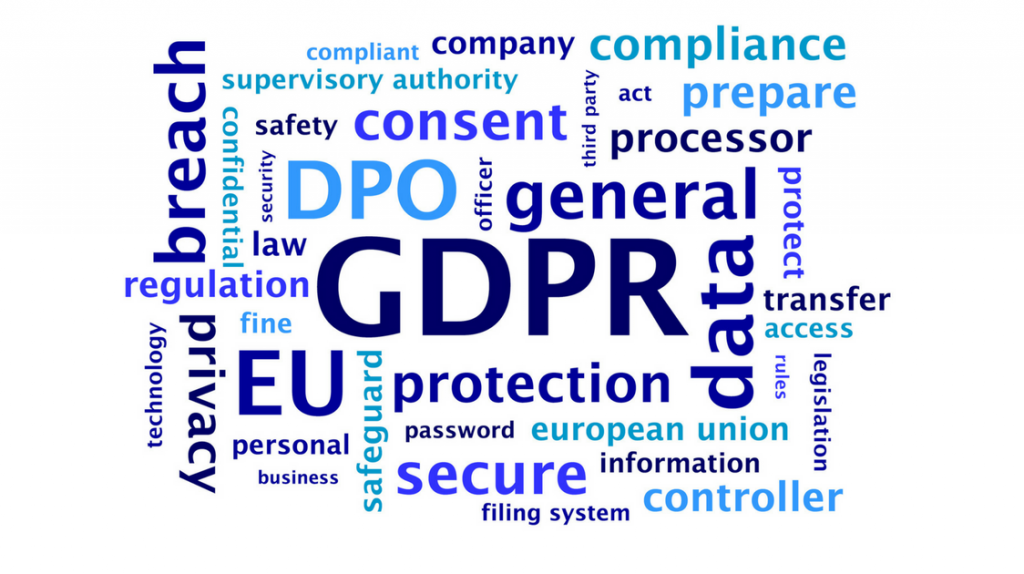How data encryption works and why it is essential for security?

In today's digital age, data encryption has become a fundamental tool for protecting sensitive information from unauthorized access and cyber threats. Whether you're a business protecting customer data or an individual safeguarding personal information, encryption plays a critical role in ensuring privacy and security. But what exactly is encryption, how does it work, and why is it so vital?
What is Data Encryption?
Encryption is a process that converts readable data (known as plaintext) into an unreadable format (known as ciphertext) to prevent unauthorized access. Only those with the correct decryption key can convert the ciphertext back into readable data. Think of it as locking your data with a special key; without this key, the data remains scrambled and meaningless.
Encryption is used to secure various types of data, from emails and passwords to bank transactions and personal files. It ensures that even if data is intercepted or accessed by unauthorized parties, it cannot be understood or used without the proper key.
How Does Encryption Work?
There are two main types of encryption: symmetric encryption and asymmetric encryption. Let's look at how each of them works:
Symmetric Encryption
In symmetric encryption, the same key is used for both encrypting and decrypting data. This method is fast and efficient, making it ideal for encrypting large amounts of data, such as entire databases or files.How it works:
A plaintext message is encrypted using an algorithm and a secret key, which transforms the data into ciphertext. To read the original message, the recipient needs the same key to decrypt the ciphertext back into plaintext.Example algorithms:
AES (Advanced Encryption Standard), DES (Data Encryption Standard), and RC4 are some commonly used symmetric encryption algorithms.Pros and cons:
Symmetric encryption is efficient and fast but requires secure management of the encryption keys. If the key is lost or stolen, unauthorized parties could decrypt the data.
Asymmetric Encryption
Asymmetric encryption, also known as public-key encryption, uses a pair of keys: a public key and a private key. The public key is used to encrypt data, while the private key is used to decrypt it. This method is often used for secure communication and exchanging sensitive information.How it works:
When someone wants to send a secure message, they use the recipient's public key to encrypt it. Only the recipient's private key can decrypt the message, ensuring that only the intended party can access the information.Example algorithms:
RSA (Rivest-Shamir-Adleman), ECC (Elliptic Curve Cryptography), and DSA (Digital Signature Algorithm) are common asymmetric encryption algorithms.Pros and cons:
Asymmetric encryption provides better security for key management because the private key is never shared. However, it is slower and more computationally intensive than symmetric encryption, making it less suitable for large-scale data encryption.
Why is Encryption Important?
Protects Privacy
Encryption ensures that sensitive data, such as personal information, financial records, and communication, remains confidential. Even if data is intercepted during transmission or accessed without permission, it cannot be read without the decryption key.Prevents Data Breaches
Data breaches can be costly and damaging to individuals and organizations. Encryption adds an additional layer of security by making stolen data useless to hackers. For example, if a company's database is breached but the data is encrypted, the attackers will not be able to use the information without the decryption keys.Ensures Data Integrity
Encryption can help detect any tampering with the data. When data is encrypted, it remains intact during transmission. If unauthorized changes are made, the recipient will notice the discrepancies when trying to decrypt the data, alerting them to possible tampering or corruption.Supports Regulatory Compliance
Many industries, such as finance, healthcare, and government, have strict regulations that require the protection of sensitive data. Encryption helps businesses comply with these regulations, avoiding potential fines and legal issues.Facilitates Secure Communication
Encryption is widely used to secure communication channels, such as email and messaging apps. This ensures that only the intended recipient can read the messages, protecting them from eavesdropping or interception.
Common Uses of Encryption in Everyday Life
Securing Internet Traffic: HTTPS (Hypertext Transfer Protocol Secure) uses encryption to protect data transmitted between your browser and websites. This is crucial for online banking, shopping, and any site where personal information is exchanged.
Encrypting Emails and Messages: Many email providers and messaging apps, like WhatsApp and Signal, use end-to-end encryption to secure messages. This ensures that only the sender and the recipient can read the content of the communication.
Protecting Devices: Encryption is used to protect data stored on devices such as laptops, smartphones, and USB drives. For example, Apple's FileVault and Windows BitLocker provide disk encryption to protect sensitive information in case of device theft or loss.
Securing Financial Transactions: Encryption protects credit card details, bank transfers, and other financial transactions to prevent fraud and identity theft.
How to Use Encryption to Protect Your Data
Use Encrypted Communication Tools: Choose apps and services that offer end-to-end encryption, like encrypted messaging apps or email providers.
Encrypt Sensitive Files: Use software tools to encrypt sensitive files and folders on your devices. This is particularly important for storing personal information, financial records, and any confidential documents.
Enable Full-Disk Encryption: Make sure your devices, including laptops and smartphones, have full-disk encryption enabled. This ensures that all data stored on the device is protected in case of theft or loss.
Use Strong, Unique Passwords: Encryption is only as strong as the password or key protecting it. Use complex, unique passwords and consider a password manager to securely store them.
Keep Software Updated: Regularly update your software to protect against vulnerabilities that could compromise encryption protocols.
Data encryption is a crucial tool for safeguarding privacy and protecting against unauthorized access and cyber threats. By understanding how encryption works and applying best practices, you can enhance your digital security and keep your personal and sensitive information safe from prying eyes. Whether you're an individual or an organization, incorporating encryption into your cybersecurity strategy is essential for maintaining trust and integrity in the digital world.


















































